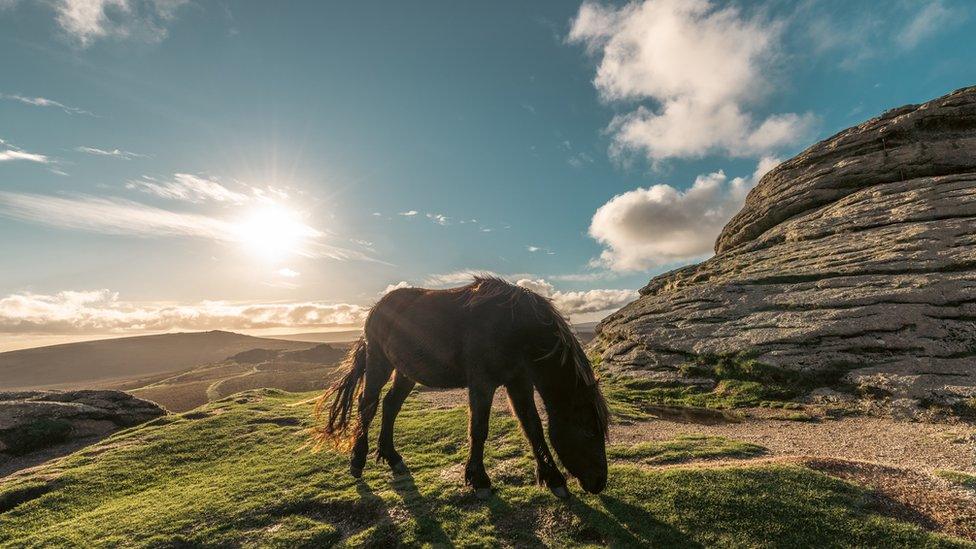Dartmoor authority votes to appeal against wild camping ban
- Published
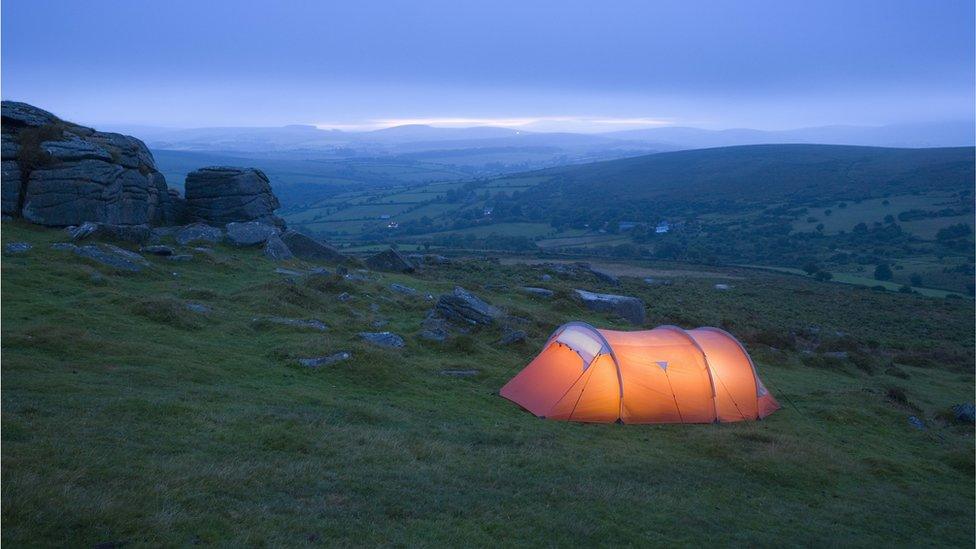
Dartmoor was the only area of England and Wales where under a local law there had been an assumed right to wild camp without the landowner's permission
The Dartmoor National Park Authority (DNPA) will continue to appeal against a ruling that prohibits wild camping without landowner's permission.
It follows a High Court decision in January which said campers would need landowners' permission.
DNPA chief executive Kevin Bishop said there was a "public interest argument" in pursuing the appeal.
The BBC has approached Alexander and Diana Darwall, who brought the case, for comment.
Mr Bishop said: "For us, open air recreation is much more than just walking or horse riding, it includes backpack camping, it includes rock climbing, bird-watching and so forth, and that's the issue which we want to attest further, and hopefully, get a favourable judgement from the court of appeal."
He said: "We want all parts of society to have the ability to enjoy Dartmoor, but we also want all parts of society to help us look after the national park, and we heard from landowners this morning about particular issues with you know, fly-camping, litter.
"We plead with people, if you've got a right, you have a responsibility: clean up after yourself, at this time of year keep your dog on a lead, and check where you can camp and where you can't camp, you know, please help us look after the national park for future generations."
'A local custom'
The national park, designated in 1951, covers a 368 square mile (953 sq km) area that features "commons", which are areas of unenclosed privately-owned moorland where locals can put livestock.
DNPA had argued at the High Court that wild camping was a local custom and the couple's claim was an "attack" on a "long-established practice of great importance".
But Mr and Mrs Darwall, who keep cattle on their 3,450-acre estate, claimed some campers caused problems to livestock and the environment.
Their argument secured a finding from a judge that a 1985 law that regulates access to moorlands does not provide a right to wild camp.
Joseph Hess, a land agent representing Mr and Mrs Darwall read out a statement at a meeting, held ahead of the authority's decision.
He said the authority had "indulged a mass trespass", when thousands flocked to Stall Moor in January, calling for the ruling to be overturned.
Thousands of people protested in Dartmoor in January in opposition to the loss of wild camping rights.
Tony Whitehead, campaigner with The Stars Are For Everyone, said protestors did not trespass as the area is "all open access land", and that there was also no trespass "getting there via public lanes and footpaths".
Mr Hess said the DNPA had "twin duties to conserve and enhance Dartmoor National Park natural beauty, wildlife and cultural heritage, and promote opportunities for the public to understand and enjoy the special qualities of Dartmoor National Park".
He said the two duties were currently in conflict, and when that was the case, the first duty should be prioritised - also known as The Sandford Principle.
Mr Hess said: "You are not behaving as a public authority should. You are behaving like a campaigning organisation. That is not your purpose and duty."
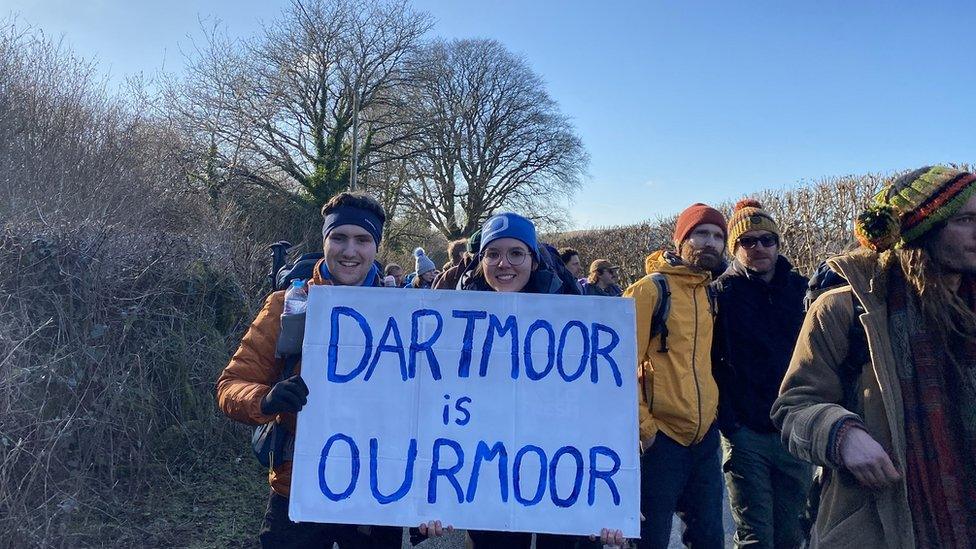
Protesters walked to Stall Moor in January to argue for the right to wild camp
Mr Hess said the landowners had willingly come to the table after the High Court ruling to ban wild camping without permission on Dartmoor, in order to "agree a scheme of permissive access for wild camping".
He said those permissions had been given "willingly, in good faith, and in good will".
Mr Hess continued: "In short, you do not need to pursue this appeal. You should not pursue this appeal, and if you do, you risk creating a situation which is worse than the current one."
Before this judgement, there was an assumed right people could camp without landowners' permission.
After the ruling, thousands of protesters gathered on Dartmoor calling for it to be overturned.
Campaign group Right to Roam previously said campers had lost 18% of available land as a result and walking charity, the Ramblers, previously said the ruling was "a huge step backward for the right of everyone to access nature".
Mr and Mrs Darwall previously said the wild camping ban ruling was "no threat to true wild camping".
Campers are now restricted to specific areas, marked on an interactive map published on the park authority's website.
A fundraising campaign to fight the High Court ruling has raised more than £50,000.

Follow BBC News South West on Twitter, external, Facebook, external and Instagram, external. Send your story ideas to spotlight@bbc.co.uk, external.
- Published5 April 2023

- Published21 January 2023
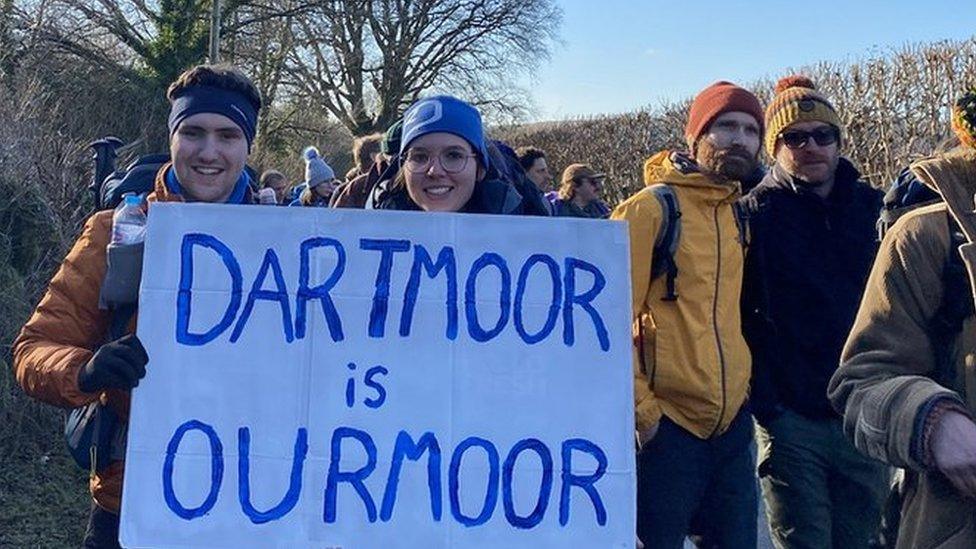
- Published20 January 2023
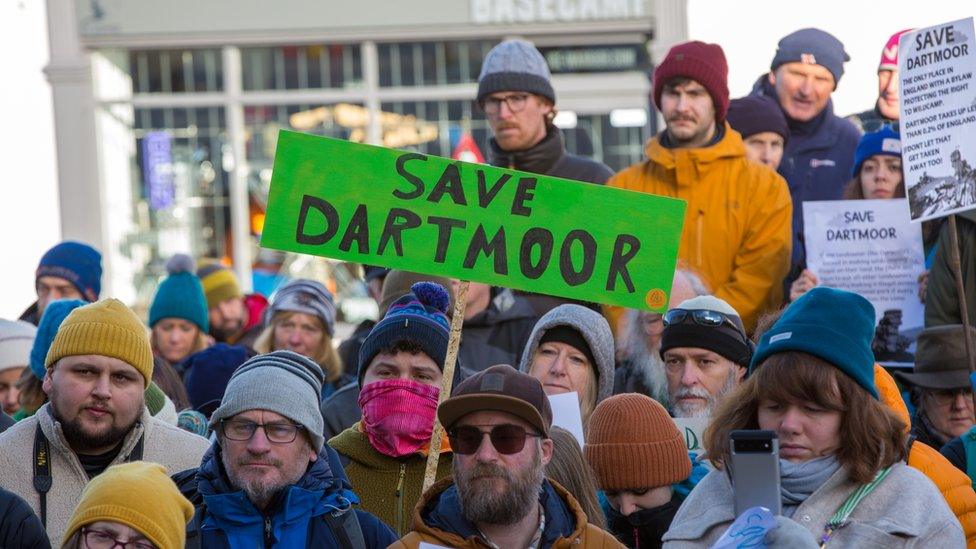
- Published19 January 2023
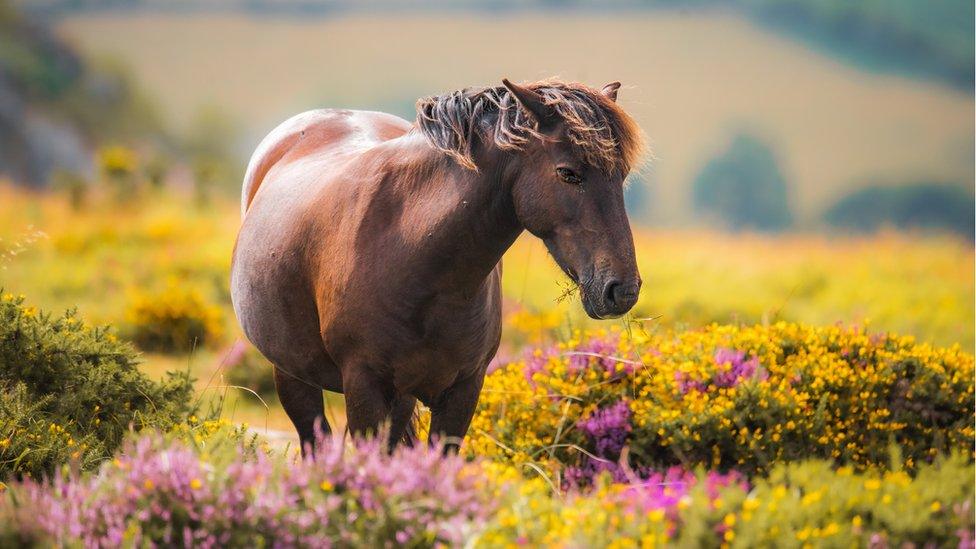
- Published17 January 2023
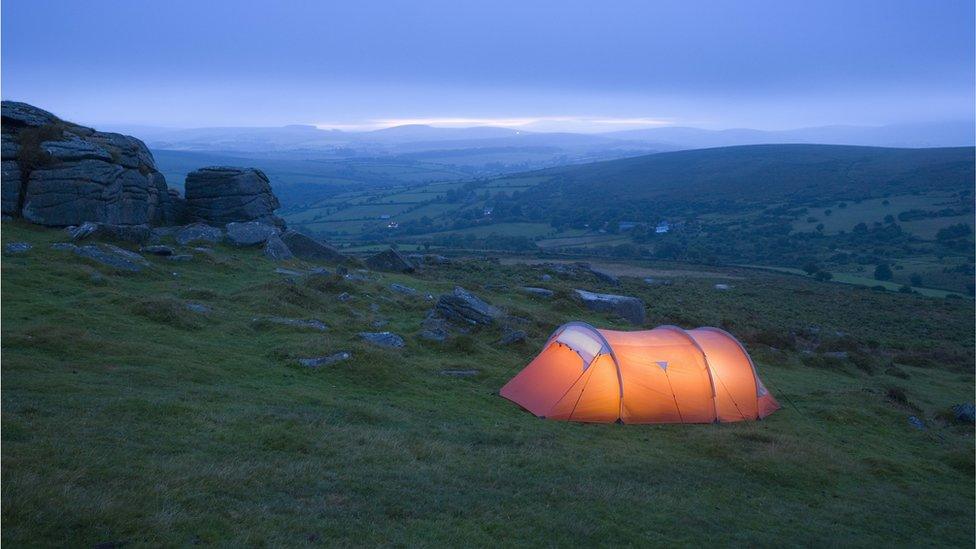
- Published13 January 2023
